
In this blog, the NBFC sector fundamentals are discussed with you being taken through what NBFCs are, how and why they are classified, the strict eligibility criteria, and step-by-step NBFC registration procedure on how to obtain that coveted NBFC license from RBI.
What Actually Constitutes an NBFC?
In essence, an NBFC is a company under the Companies Act, 2013, involved predominantly in financial business operations like lending, investing in shares, debentures, and other securities, leasing, or hire-purchase. Regardless of the parity established between them and banks, there exist major differences which make them unique from the rest within the NBFC universe:
- No Demand Deposits: NBFCs, unlike banks, are not necessarily obligated to accept demand deposits (e.g., savings or current accounts).
- Non-Payment System: They form no part of the payment and settlement system and are not allowed to issue cheques.
- No DICGC Cover: Deposits of NBFCs have no protection of deposit insurance by the DICGC.
A feature that brings a company into the line of NBFC registration is the "50-50 test": it must possess at least 50% of its total assets in financial assets, and at least 50% of its gross incomes must come from such financial assets. This rigorous test is done only to ensure that blue-blooded financial institutions are recognized and governed as NBFCs by the RBI, and hence become part of the larger NBFC industry.
Negotiating the Diverse Landscape: Types of NBFCs in India
RBI categorizes NBFCs into types on the basis of activities and acceptances of deposits. There are some regulatory guidelines with each class of type of NBFC, which affect your journey towards your NBFC license.
Based on Activity/Nature of Business:
- Investment and Credit Company (ICC): Most common in the NBFC segment, with business in asset finance, lending, and purchase of securities.
- Infrastructure Finance Company (IFC): Involved in infrastructure project finance with a minimum Net Owned Fund (NOF) of ₹300 Crore.
- Micro Finance Institution (NBFC-MFI): Provides small, usually collateral-free loans, mostly to the low-income segment.
- NBFC-Factors: Mainly involved in factoring business (purchase of accounts receivables).
- Core Investment Company (CIC): Essentially invests in the securities and shares of the group entities.
As per Deposit Acceptance
- NBFC-D: Directly instructed by RBI to accept public deposits, thereby heightened regulatory focus for their NBFC license.
- NBFC-ND: Not allowed to accept public deposits. Further divided based on asset size:
a) no NBFC-ND-SI (Systemically Important): Asset size of ₹500 Crore and above, with higher prudential norms.
b) no NBFC-ND (Non-Systemically Important): Asset size below ₹500 Crore.
This multi-tiered strategy to tackle NBFCs ensures proportionality of the regulatory regime, as RBI's Scale-Based Regulation (SBR) emphasizes.
Eligibility Criteria for NBFC Registration: Charting Your Course
The applicants qualified to traverse the journey of NBFC registration and receive an NBFC license by RBI need to meet stringent criteria:
- Company Incorporation: Such a company must be incorporated under the Companies Act, 2013, and its Memorandum of Association (MOA) must explicitly mention financial business as its primary purpose. That is the very foundation of your NBFC registration.
- Minimum Net Owned Fund (NOF): For the normal Investment and Credit Company (ICC) registration, minimum NOF will be needed to be ₹10 Crore. The paid-up equity capital and free reserves (excluding specified deductions) must be lien-free. Statutory auditor certificate attesting NOF is compulsory component of your NBFC application. Attaining this level of capital is quintessential for an NBFC license.
- "Fit and Proper" Requirements for Directors and Promoters: The individuals operating the company need to have strict "fit and proper" requirements. They are a good financial record, no criminal record, and some part-time background in finance and banking for some directors so that there are competent people in the leadership role in the NBFC industry.
- Sound Business Plan: There has to be a sound and practical business plan. Your submitted business plan along with NBFC application must outline your business plan, target market, financial projections, risk management policy, and technology infrastructure. It must reflect how your proposed NBFC would enhance the value to the NBFC industry as well as public interest.
- Clean Credit History: Directors of the company, the company, and the significant shareholders must maintain a clean credit history, as attested by credit information companies. A clean credit history is necessary in order to prevent any NBFC registration hassle.
Step-by-Step Process of NBFC Registration
Starting on the journey of availing your NBFC license is a well-defined step-by-step process:
- Incorporation of the Company: The very first thing to do in NBFC registration process is to incorporate your company legally in such a manner that its MOA clearly specifies financial business operations.
- Capital Infusion & Certification of NOF: Pay the minimum amount of NOF into your company's bank account. Get an auditor's certificate as proof of such NOF, which is one of the most important requisites of your NBFC application.
- Document Compilation: Collect all documents required – from Certificate of Incorporation and MOA/AOA to director KYC, credit reports, and your well-drafted business plan. Precision here is necessary for seamless NBFC registration.
- Online NBFC Application: Approach RBI's COSMOS portal (https://cosmos.rbi.org.in). Complete the detailed online NBFC application form and submit all the supporting documents. A Common Application Reference Number (CARN) shall be created.
- Dispatch of Physical Documents: After online submission, dispatch hard copies of your NBFC application (with reference to the CARN) and all the duly attested supporting documents to the concerned RBI Regional Office.
- RBI Investigation & Due Diligence: RBI conducts a complete check-up, including strict document verification, "fit and proper" director/promoter testing, and level-higher scrutiny of your business plan. This is the most important step and can take a couple of months. Your patience is the master here to come out successfully in NBFC registration process.
- Payment of Fees: The registration fee for NBFC is a non-refundable ₹3,00,000, which needs to be paid at the time of submission of online application for NBFC. This is part of the fee for obtaining your NBFC license.
- Certificate of Registration (CoR) issue: After all eligibility conditions have been fulfilled and RBI is satisfied, they will issue your formal NBFC certificate, i.e., the Certificate of Registration (COR). Your NBFC certificate is your legally approved document to begin operations and clear proof of a successful NBFC registration.
Post-Registration NBFC License Maintenance
You get your NBFC certificate; it is a milestone but just the start of an ongoing process of adherence. To prevent cancellation of your NBFC license, adherence to RBI's periodic instructions is crucial:
- NOF maintenance: Sustained maintenance of the prescribed NOF at all times.
- Periodic Returns: Periodic filing of different financial and business returns with RBI.
- Prudential Norms: Adherence to directives on capital adequacy, asset classification, and provisioning.
- Know Your Customer and Anti-Money Laundering: Strong enforcement of Know Your Customer and Anti-Money Laundering rules.
- Fair Practices Code: Adherence to RBI-regulated Fair Practices Code in dealing with the customers fairly.
Conclusion
The NBFC industry is the economic backbone of India's future. The stringent NBFC registration process helps to ensure honest business practices by the companies and thus, financial inclusion and financial security. A well-regulated NBFC with an active running NBFC license stands a good chance to exploit huge opportunities in this vibrant NBFC sector.
Recent Posts
-
 Union Budget 2026 updates...
Feb 02,2026
Union Budget 2026 updates...
Feb 02,2026
-
 SEBI’s New Co-Investment Framework for AIFs: An ...
Jan 14,2026
SEBI’s New Co-Investment Framework for AIFs: An ...
Jan 14,2026
-
 Incorporation of Company in Saudi Arabia...
Jan 05,2026
Incorporation of Company in Saudi Arabia...
Jan 05,2026
-
 Changes in Financial Reporting as per IFRS 18...
Dec 31,2025
Changes in Financial Reporting as per IFRS 18...
Dec 31,2025
-
 Digital Personal Data Protection Act Implementatio...
Dec 30,2025
Digital Personal Data Protection Act Implementatio...
Dec 30,2025
-
 How to setup a Semiconductor Unit in Gujarat...
Dec 26,2025
How to setup a Semiconductor Unit in Gujarat...
Dec 26,2025
-
 Process of Setting Up a Gratuity Fund Trust in Ind...
Dec 18,2025
Process of Setting Up a Gratuity Fund Trust in Ind...
Dec 18,2025
-
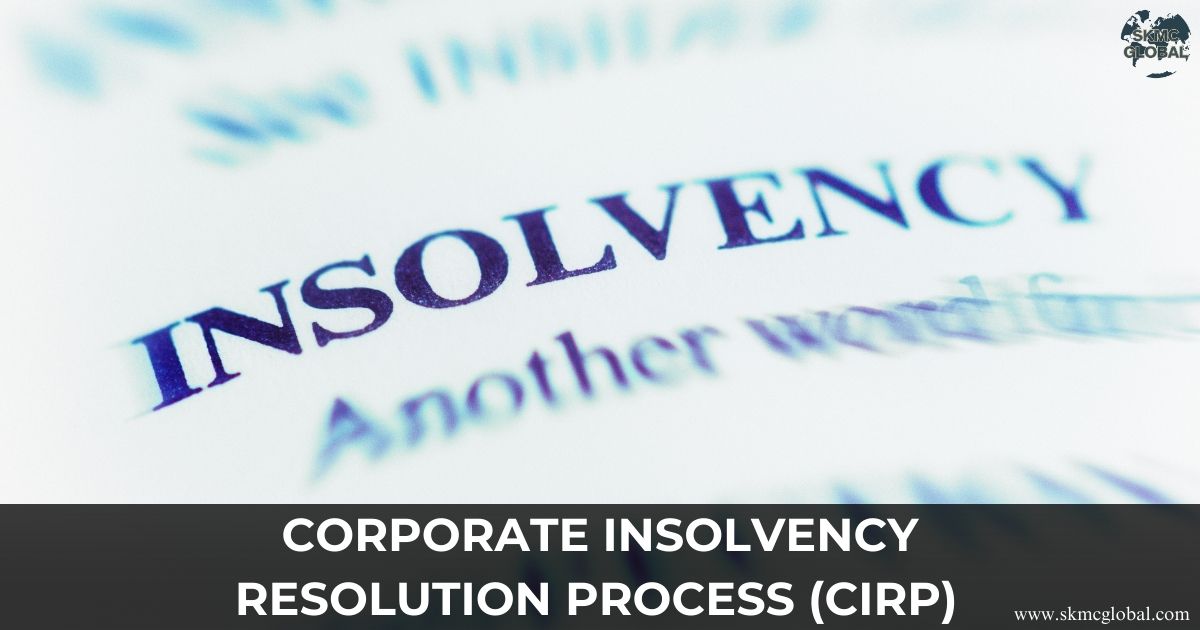 Corporate Insolvency Resolution Process (CIRP) und...
Dec 17,2025
Corporate Insolvency Resolution Process (CIRP) und...
Dec 17,2025
-
 Closure of a company in India...
Dec 12,2025
Closure of a company in India...
Dec 12,2025
-
 Importance of Black Money Act 2015...
Dec 11,2025
Importance of Black Money Act 2015...
Dec 11,2025
-
 What are undisclosed assets and income under Black...
Dec 08,2025
What are undisclosed assets and income under Black...
Dec 08,2025
-
 Importance of PIMS certification for Importers in ...
Dec 06,2025
Importance of PIMS certification for Importers in ...
Dec 06,2025
-
 Incorporation of Company in UAE...
Dec 03,2025
Incorporation of Company in UAE...
Dec 03,2025
-
 Legal Entity Identifier LEI - Purpose and Applicab...
Dec 01,2025
Legal Entity Identifier LEI - Purpose and Applicab...
Dec 01,2025
-
 Implementation of New Labour Codes 2025...
Nov 29,2025
Implementation of New Labour Codes 2025...
Nov 29,2025
-
 A Step-by-Step Guide to a Smooth Payroll Outsourci...
Nov 28,2025
A Step-by-Step Guide to a Smooth Payroll Outsourci...
Nov 28,2025
-
 PESO Certification in India...
Nov 26,2025
PESO Certification in India...
Nov 26,2025
-
 Family Trusts for NRIs- Managing Indian Assets fro...
Nov 24,2025
Family Trusts for NRIs- Managing Indian Assets fro...
Nov 24,2025
-
 Decoding Disclosures: Section 184 of Companies Act...
Nov 21,2025
Decoding Disclosures: Section 184 of Companies Act...
Nov 21,2025
-
 All you want to know about Recycling business in I...
Nov 20,2025
All you want to know about Recycling business in I...
Nov 20,2025
-
 What is Seed Fund Scheme and its relevance for Sta...
Nov 19,2025
What is Seed Fund Scheme and its relevance for Sta...
Nov 19,2025
-
 Incorporation of Company in Singapore...
Nov 18,2025
Incorporation of Company in Singapore...
Nov 18,2025
-
 How to upgrade your AEO T2 certification to AEO T3...
Nov 15,2025
How to upgrade your AEO T2 certification to AEO T3...
Nov 15,2025
-
 What is the relevance of APEDA Registration and it...
Nov 14,2025
What is the relevance of APEDA Registration and it...
Nov 14,2025
-
 Applicability of Indian Accounting Standards for c...
Nov 11,2025
Applicability of Indian Accounting Standards for c...
Nov 11,2025
-
 Public vs. Private Trust: key Differences in Regis...
Oct 28,2025
Public vs. Private Trust: key Differences in Regis...
Oct 28,2025
-
 Donation and Foreign Contributions to Trusts in In...
Oct 23,2025
Donation and Foreign Contributions to Trusts in In...
Oct 23,2025
-
 Redeemable Preference Shares as a Financial Tool...
Oct 22,2025
Redeemable Preference Shares as a Financial Tool...
Oct 22,2025
-
 STPI Unit and Non-STPI Unit...
Oct 16,2025
STPI Unit and Non-STPI Unit...
Oct 16,2025
-
 Country-by-Country Reporting (CbCR) and Its Evolvi...
Oct 09,2025
Country-by-Country Reporting (CbCR) and Its Evolvi...
Oct 09,2025
-
 What is Free Trade Agreement and Certificate of Or...
Oct 08,2025
What is Free Trade Agreement and Certificate of Or...
Oct 08,2025
-
 What is the relevance of status holders certificat...
Oct 06,2025
What is the relevance of status holders certificat...
Oct 06,2025
-
 Redemption of Advance Authorization under Foreign ...
Oct 04,2025
Redemption of Advance Authorization under Foreign ...
Oct 04,2025
-
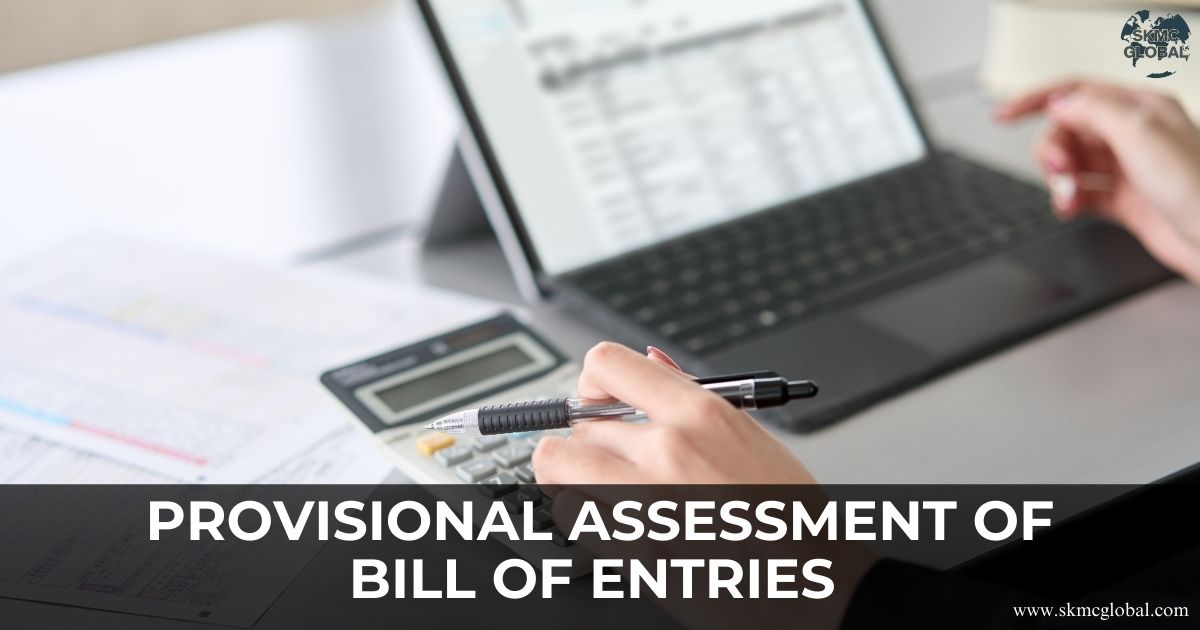 What is provisional assessment of Bill of Entries ...
Sep 29,2025
What is provisional assessment of Bill of Entries ...
Sep 29,2025
-
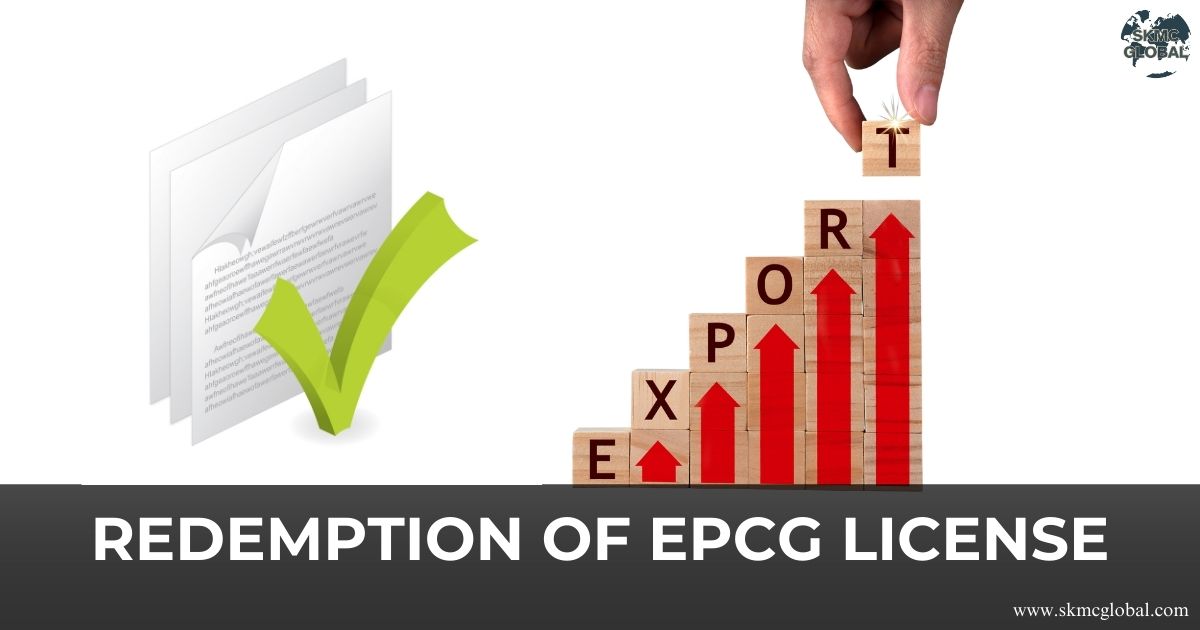 Redemption of EPCG License...
Sep 26,2025
Redemption of EPCG License...
Sep 26,2025
-
 MOOWR (Manufacturing and Other Operations in Wareh...
Sep 24,2025
MOOWR (Manufacturing and Other Operations in Wareh...
Sep 24,2025
-
 Procedure to Apply SCOMET License...
Sep 22,2025
Procedure to Apply SCOMET License...
Sep 22,2025
-
 Landscape of Semiconductor Industry while Doing Bu...
Sep 18,2025
Landscape of Semiconductor Industry while Doing Bu...
Sep 18,2025
-
 The Hidden Costs of In-House Accounting v/s Outsou...
Sep 17,2025
The Hidden Costs of In-House Accounting v/s Outsou...
Sep 17,2025
-
 TDS on sale of immovable property by an nri...
Sep 10,2025
TDS on sale of immovable property by an nri...
Sep 10,2025
-
 Setting up a Project Office in India...
Sep 08,2025
Setting up a Project Office in India...
Sep 08,2025
-
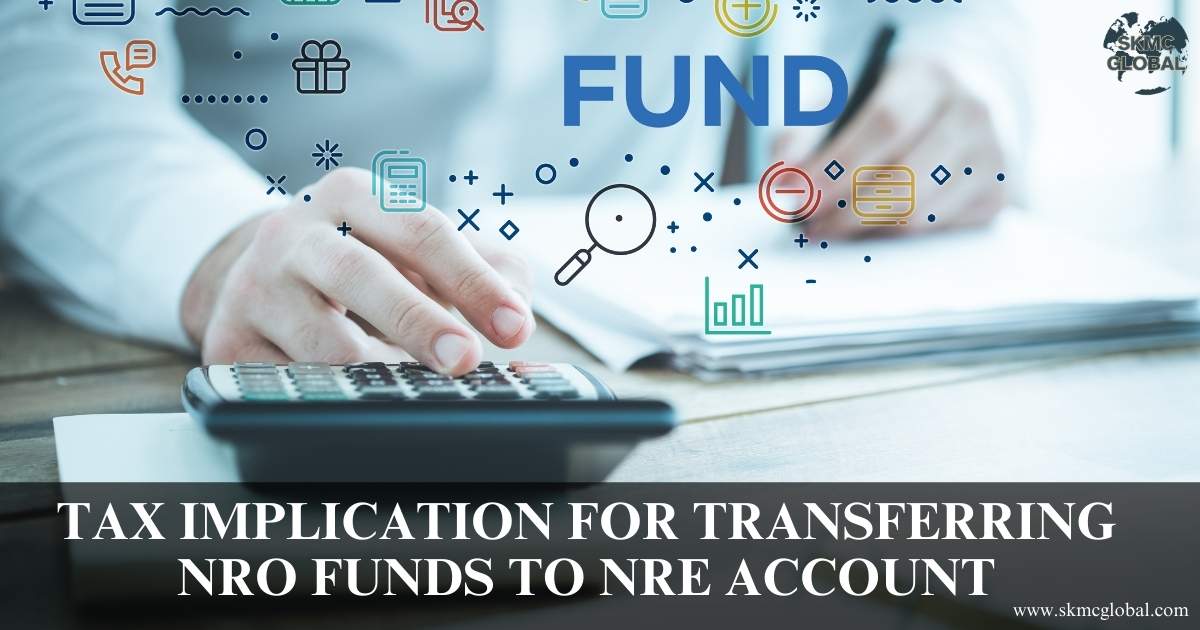 Tax Implication for Transferring NRO Funds to NRE ...
Sep 05,2025
Tax Implication for Transferring NRO Funds to NRE ...
Sep 05,2025
-
 How outsourcing CFO services helps the corporates ...
Aug 27,2025
How outsourcing CFO services helps the corporates ...
Aug 27,2025
-
 Why a Periodical Cash Flow Statement is Necessary ...
Aug 26,2025
Why a Periodical Cash Flow Statement is Necessary ...
Aug 26,2025
-
 What is FATCA and CRS reporting and its difference...
Aug 22,2025
What is FATCA and CRS reporting and its difference...
Aug 22,2025
-
 What are unclaimed TDS Credits and how to claim it...
Aug 21,2025
What are unclaimed TDS Credits and how to claim it...
Aug 21,2025
-
 Digital Taxation is reshaping Tax Nexus Between Ju...
Aug 20,2025
Digital Taxation is reshaping Tax Nexus Between Ju...
Aug 20,2025
-
 Procedure to Take PF Registration and Its Complian...
Aug 18,2025
Procedure to Take PF Registration and Its Complian...
Aug 18,2025
-
 Procedure to take PSARA License...
Aug 11,2025
Procedure to take PSARA License...
Aug 11,2025
-
 Mandatory factory license while setting up manufac...
Aug 08,2025
Mandatory factory license while setting up manufac...
Aug 08,2025
-
 Procedure for obtaining NBFC Registration in India...
Aug 04,2025
Procedure for obtaining NBFC Registration in India...
Aug 04,2025
-
 FSSAI License registration for Food Business...
Jul 14,2025
FSSAI License registration for Food Business...
Jul 14,2025
-
 How Management Information System (MIS) reporting ...
Jul 11,2025
How Management Information System (MIS) reporting ...
Jul 11,2025
-
 IFRS 9 impairment- A complete guide...
Jul 12,2025
IFRS 9 impairment- A complete guide...
Jul 12,2025
-
 Why most of the companies are shifting to hr and p...
Jul 10,2025
Why most of the companies are shifting to hr and p...
Jul 10,2025
-
 A complete guide on valuation of shares...
Jul 10,2025
A complete guide on valuation of shares...
Jul 10,2025
-
 BIS registration for foreign manufacturer...
Jul 09,2025
BIS registration for foreign manufacturer...
Jul 09,2025
-
 Understanding the Scope of the Shops and Establish...
Jul 08,2025
Understanding the Scope of the Shops and Establish...
Jul 08,2025
-
 Coso framework: Complete guide on internal control...
Jun 26,2025
Coso framework: Complete guide on internal control...
Jun 26,2025
-
 Components and Process for Conducting Internal Aud...
Jun 25,2025
Components and Process for Conducting Internal Aud...
Jun 25,2025
-
 What is ICFR and Why It is Important for Businesse...
Jun 24,2025
What is ICFR and Why It is Important for Businesse...
Jun 24,2025
-
 Understanding WPC Certification and its applicabil...
Jun 23,2025
Understanding WPC Certification and its applicabil...
Jun 23,2025
-
 Procedure to take EPR registration for battery was...
Jun 21,2025
Procedure to take EPR registration for battery was...
Jun 21,2025
-
 3PL Logistics...
Jun 19,2025
3PL Logistics...
Jun 19,2025
-
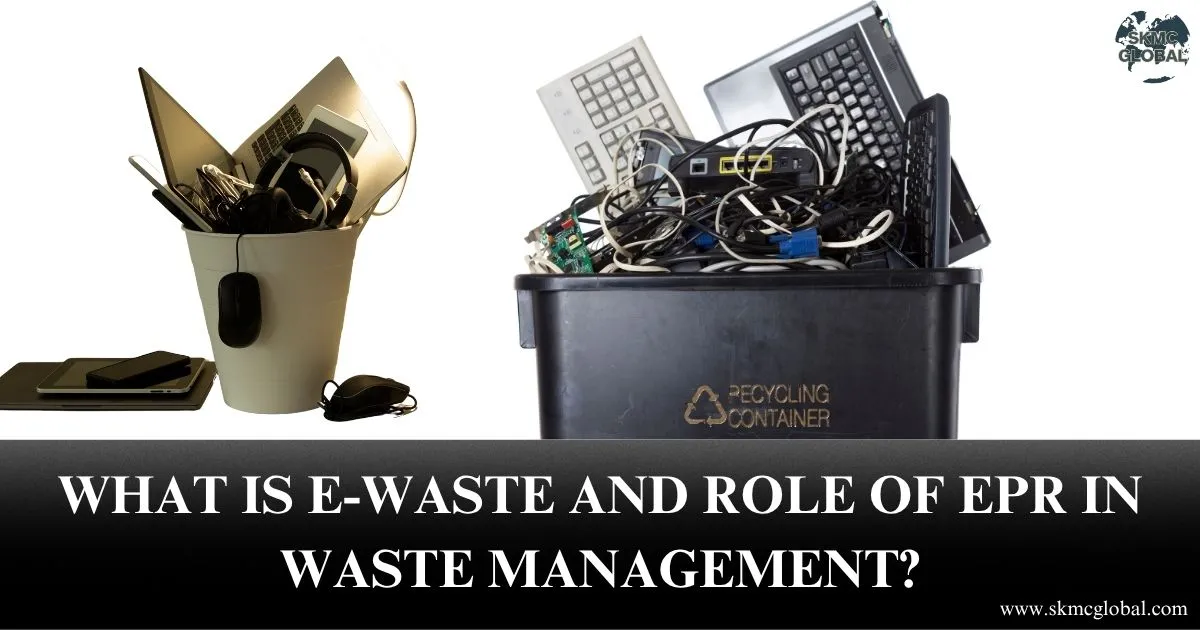 What is E-Waste and role of EPR in Waste Managemen...
Jun 17,2025
What is E-Waste and role of EPR in Waste Managemen...
Jun 17,2025
-
 M&A Due Diligence in India: How to Spot Target Com...
Jun 16,2025
M&A Due Diligence in India: How to Spot Target Com...
Jun 16,2025
-
 BIS crs certification for electronic products...
Jun 12,2025
BIS crs certification for electronic products...
Jun 12,2025
-
 All you need to know about WPC ETA certification f...
Jun 11,2025
All you need to know about WPC ETA certification f...
Jun 11,2025
-
 What is CDSCO Registration under The Drugs & Cosme...
Jun 10,2025
What is CDSCO Registration under The Drugs & Cosme...
Jun 10,2025
-
 Procedure to Take CDSCO Registration in India: A C...
Jun 09,2025
Procedure to Take CDSCO Registration in India: A C...
Jun 09,2025
-
 All You Need to Know About AERB Registration...
Jun 07,2025
All You Need to Know About AERB Registration...
Jun 07,2025
-
 Understanding POSH (Prevention of Sexual Harassmen...
Jun 03,2025
Understanding POSH (Prevention of Sexual Harassmen...
Jun 03,2025
-
 Chartered Accountant's role in financial managemen...
May 23,2025
Chartered Accountant's role in financial managemen...
May 23,2025
-
 5 Things to keep in your mind while running payrol...
May 17,2025
5 Things to keep in your mind while running payrol...
May 17,2025
-
 Why BIS Certification is Crucial for Importers and...
May 15,2025
Why BIS Certification is Crucial for Importers and...
May 15,2025
-
 Top 7 Reasons Indian Entrepreneurs Are Switching t...
May 07,2025
Top 7 Reasons Indian Entrepreneurs Are Switching t...
May 07,2025
-
 Incorporation of Company in Japan...
Apr 24,2025
Incorporation of Company in Japan...
Apr 24,2025
-
 How to set up a Representative Office in Singapore...
Apr 14,2025
How to set up a Representative Office in Singapore...
Apr 14,2025
-
 BIS certificate for medical equipments...
Apr 09,2025
BIS certificate for medical equipments...
Apr 09,2025
-
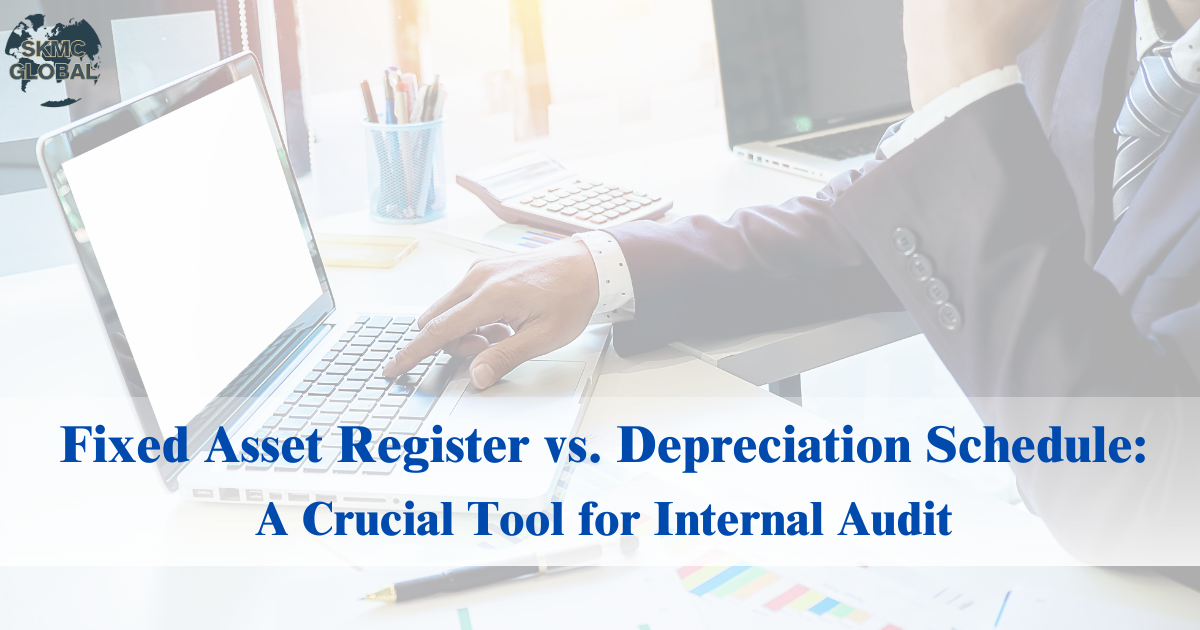 Fixed Asset Register v/s Depreciation Schedule: A ...
Apr 02,2025
Fixed Asset Register v/s Depreciation Schedule: A ...
Apr 02,2025
-
 Role of AI in Accounting...
Mar 26,2025
Role of AI in Accounting...
Mar 26,2025
-
 Capital Structure & its Impact on Profitability...
Feb 21,2025
Capital Structure & its Impact on Profitability...
Feb 21,2025
-
 Union Budget 2025...
Feb 01,2025
Union Budget 2025...
Feb 01,2025
-
 What is EPR in Plastic waste Management? ...
Jul 12,2022
What is EPR in Plastic waste Management? ...
Jul 12,2022
-
 Lithium-ion Battery Recycling Plant Setup in India...
May 10,2022
Lithium-ion Battery Recycling Plant Setup in India...
May 10,2022
-
 Setting up E-waste Recycling Plant Setup...
Jan 12,2022
Setting up E-waste Recycling Plant Setup...
Jan 12,2022
-
 Applicability of Labour Laws in India...
Jul 15,2021
Applicability of Labour Laws in India...
Jul 15,2021
-
 Basis to Outsource Finance and Accounting Services...
Oct 31,2021
Basis to Outsource Finance and Accounting Services...
Oct 31,2021
